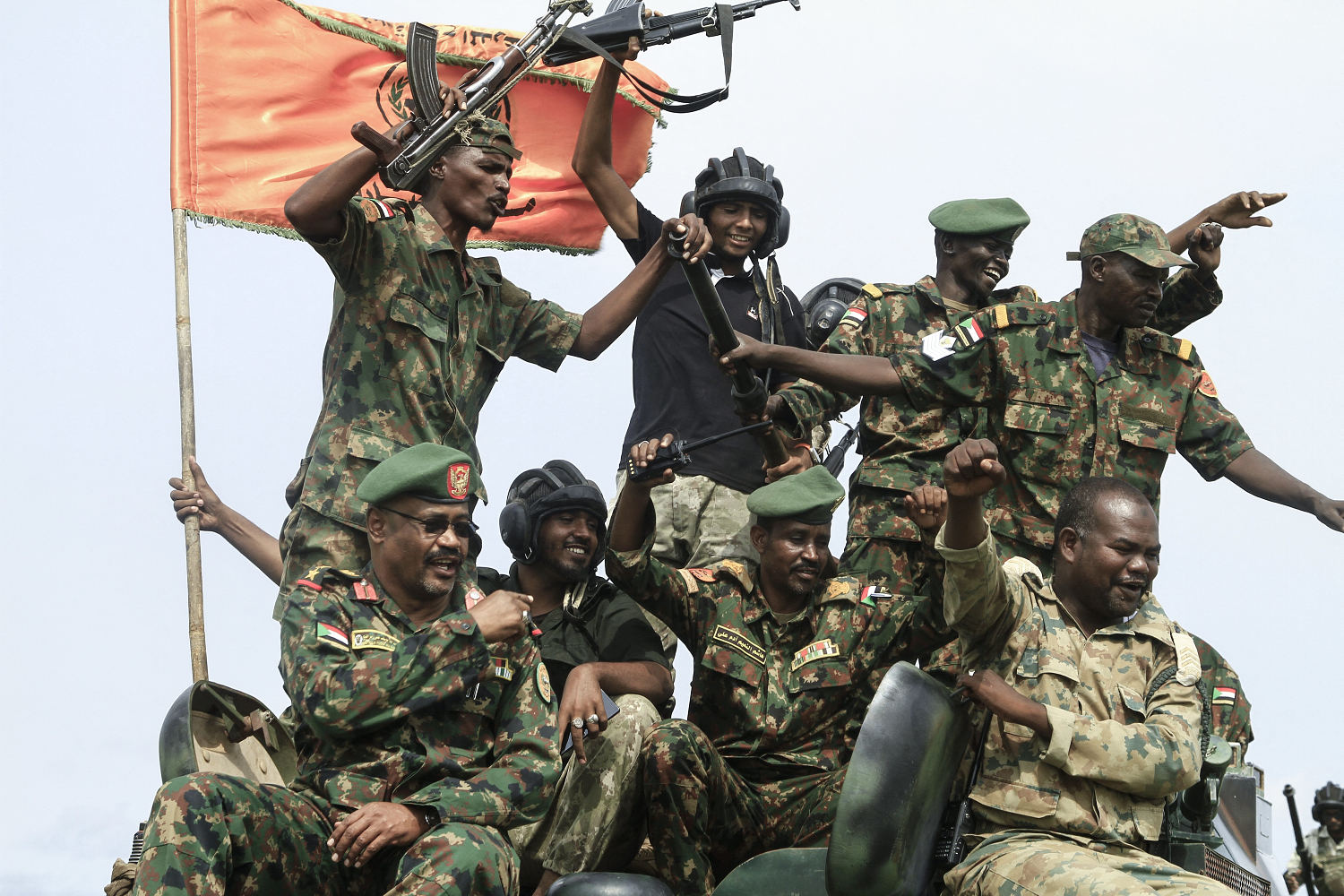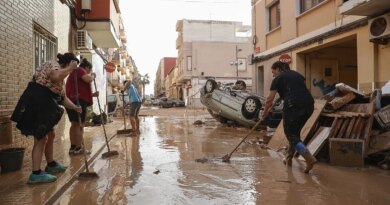Sudan’s paramilitary fighters killed 85 people in attack on central village, residents say

Fighters from Sudan’s paramilitary group rampaged through a central village, looting and burning and killing at least 85 people, including women and children, authorities and residents said Saturday, the latest atrocity in the country’s 18-month devastating conflict.
The paramilitary Rapid Support Forces began attacking Galgani in the central province of Sennar late in July and last week RSF fighters “indiscriminately opened fire on the village’s unarmed residents” after they resisted attempts to abduct and sexually assault women and girls, Sudan’s Foreign Ministry said in a statement. More than 150 villagers were wounded, it said.
The RSF has been repeatedly accused of massacres, rapes and other gross violations across the country since the war started in April last year, when simmering tensions between the military and the group exploded into open fighting in the capital Khartoum and elsewhere.
Describing the hourslong attack, three residents said hundreds of RSF fighters stormed the village on Thursday, looting and burning houses and public properties.
The offensive came after the residents put up resistance and repelled an attack by a small group of RSF fighters, according to a health care worker at the local medical center who spoke to The Associated Press.
The group retreated but hundreds of RSF fighters in dozens of pickup trucks with automatic rifles and heavy weapons returned, according to the worker and another resident.
As of Friday, the medical center had received at least 80 bodies, including 24 women and minors, said the worker, who spoke on condition of anonymity because of fears for his safety.
Mohamed Tajal-Amin, a villager, said he saw seven bodies — six men and one woman — laying in the street midday Friday.
“The Janjaweed are in the street and people are not able to recover their dead and bury them,” he said, using the name of the Arab militias that became synonymous with genocide and war crimes in Darfur two decades ago and from which the RSF grew out.
RSF spokespeople didn’t return requests for comment Saturday.
In June, the RSF assaulted Sinnar’s provincial capital, Singa, about 350 kilometers (217 miles) southeast of Khartoum. They looted the city’s main market and took over its main hospital, forcing thousands of people to flee.
The latest attack came as the United States has led efforts to resume peace talks between the military and the RSF. The talks, which are boycotted by the military, began last week in Switzerland.
Diplomats from Saudi Arabia, Egypt, the United Arab Emirates, the African Union and the United Nations were attending the talks. The RSF sent a delegation to Geneva but didn’t take part in the meetings.
“The RSF remains here ready for talks to start; SAF needs to decide to come,” U.S. Special Envoy for Sudan Tom Perriello posted on X on Friday, using the acronym for Sudan’s Armed Forces.
The talks were the latest international effort to settle the devastating conflict that killed dozens of thousands of people and pushed the county to the brink of famine. Already famine was confirmed last month in a sprawling camp for displaced people in the western region of Darfur.
The conflict has been marked by atrocities including mass rape and ethnically motivated killings that amount to war crimes and crimes against humanity, according to the U.N. and international rights groups.
Sudan’s war has also created the world’s largest displacement crisis. More than 10.7 million people have been forced to flee their homes since fighting began, according to the International Organization for Migration. Over 2 million of them have fled to neighboring countries.




